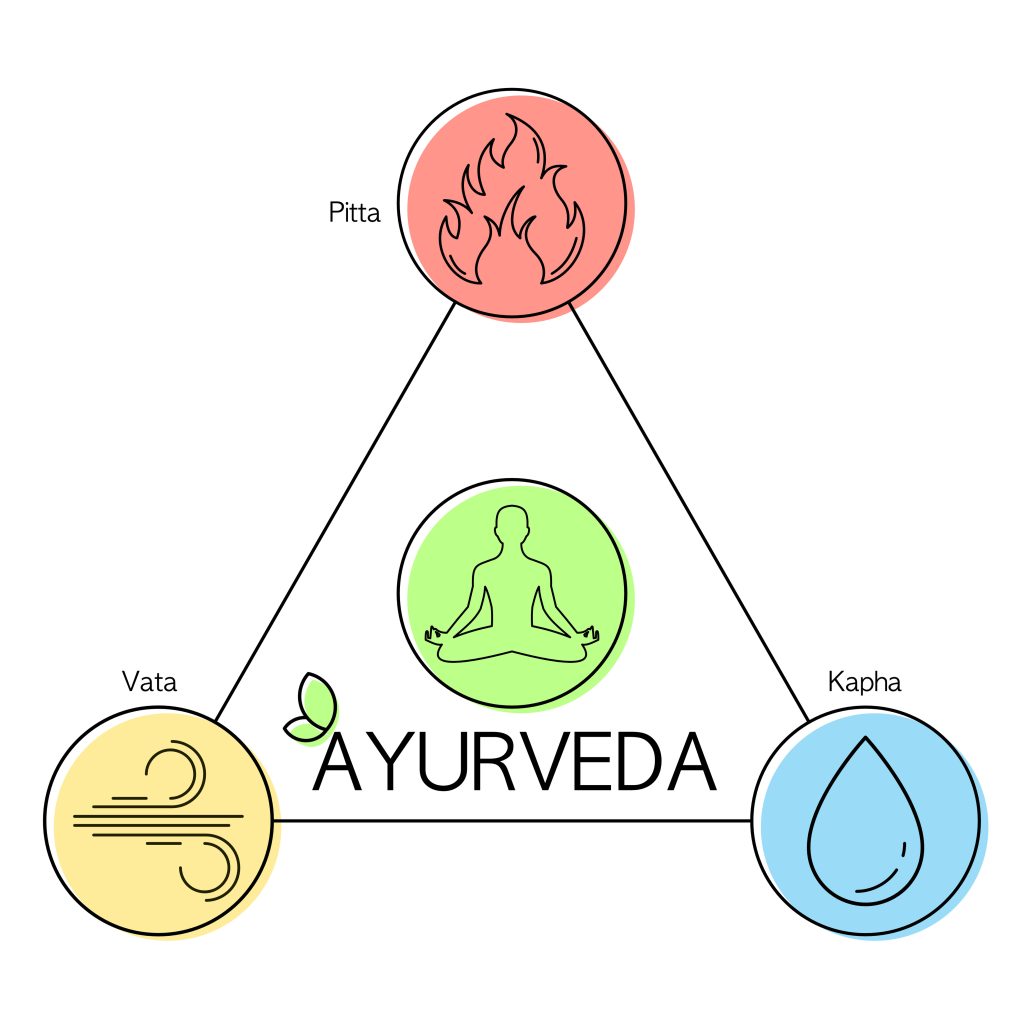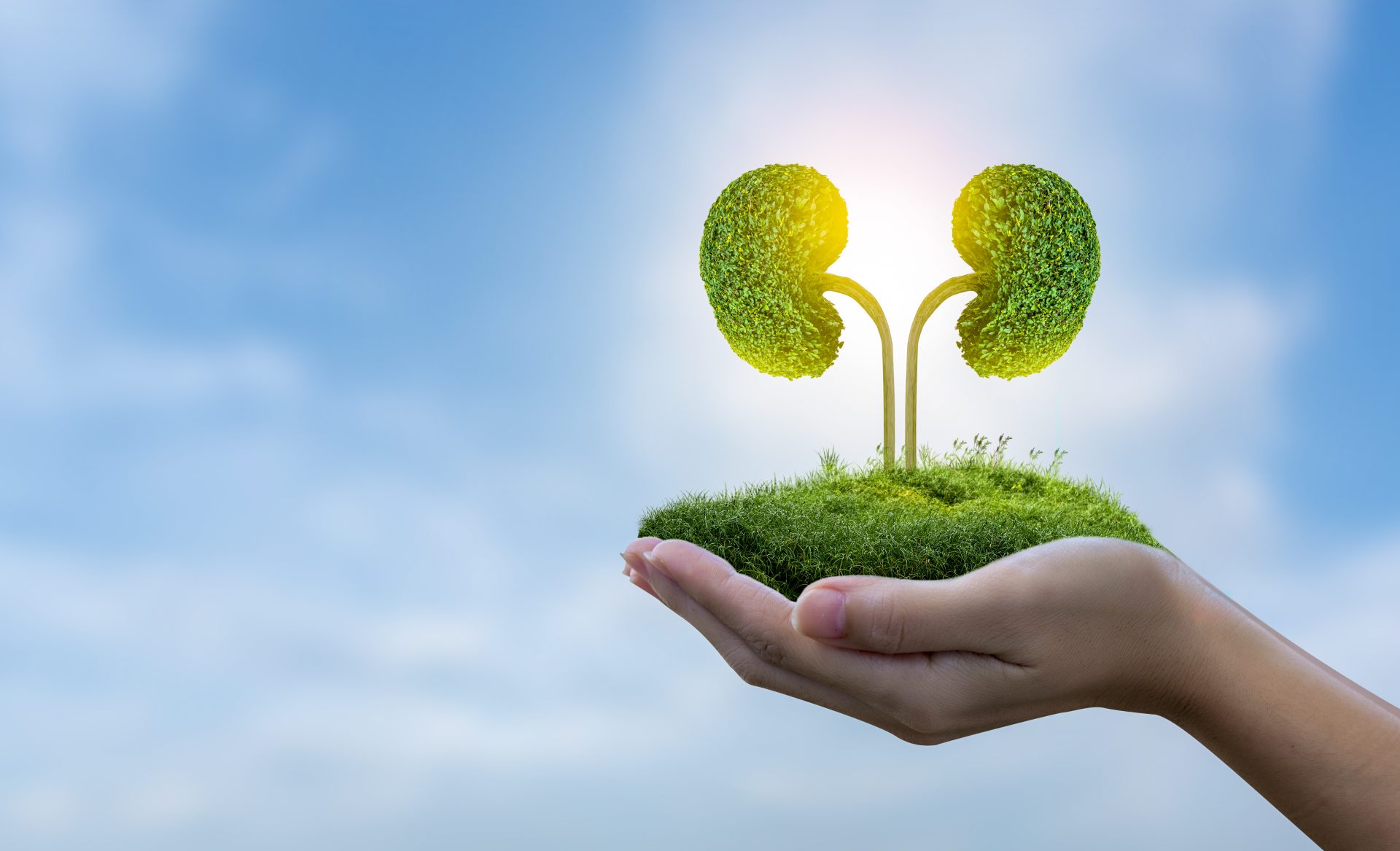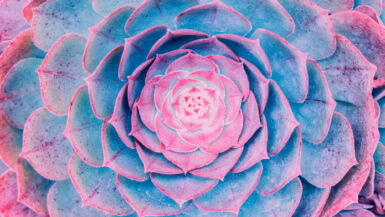The World Health Organization estimates that approximately 10% of the population is affected by chronic kidney disease. About 5 million Germans have kidney weakness, but very few people know about it. High blood pressure is a serious indication of chronic kidney disease. But fatigue, itchy skin, cardiac arrhythmias, water retention in the legs, and even nausea and vomiting are also symptoms of diseased kidneys.
Conventional medicine uses a mixture of drugs to treat chronic kidney weakness. Antihypertensives, immunosuppressants, lipid-lowering agents and diuretics are used. In this way, doctors only treat the symptoms of the disease, but not its cause. If those affected do not want to expose themselves to this cocktail of drugs of conventional medicine for their complaints, then they can use natural remedies such as Ayurveda to strengthen the kidneys. We give you 9 tips on how Ayurveda can be used for kidney weakness and what you can do to cleanse your kidneys with Ayurveda retreats.
The causes of kidney weakness from an Ayurvedic point of view
While conventional medicine sees chronic kidney weakness as an inexorable reduction in the filtration capacity of the kidneys, Ayurveda recognizes kidney disease as damage to a much larger structure in your organism, from which the urine excretion channels suffer. If your three doshas become imbalanced, in the worst-case renal insufficiency will result from it, because this imbalance can lead to the painless inflammation of your kidneys. These inflammatory processes arise from a disturbance of your Vata and Pitta energy. Sometimes Kapha is also involved.

For example, a Vata disturbance leads to puffiness under your eyes, low urine output, and in the long run destroys the function of your kidneys. The dosha Pitta is in your blood. If you have a Pitta disorder, this will 3result in a reduction of your kidney filtration rate. Important nutrients, such as proteins, are then excreted excessively by your kidneys, resulting in a disturbance in your electrolyte balance. When Kapha is involved in your kidney weakness, your kidney cells become clogged, blocking the movement of Vata energy. Both the function and the structure of your kidneys are destroyed.
Ayurveda to strengthen the kidneys: These measures help with kidney weakness
While conventional medicine relies on a mixture of different medications for treatment, Ayurveda focuses on holistic approaches to kidney weakness and calls on all the body’s resources to treat the disease. Harmonizing the imbalanced doshas is central to the therapy of Ayurvedic medicine. Ayurveda retreats deeply cleanse your body and eliminate metabolic waste products so that Vata, Pitta and Kapha can find their balance again. Regenerating herbal preparations support your body in its revitalization.
In a study conducted at Patel Ayurveda Hospital in Nadiad, 100 subjects received daily Ayurvedic cleansing treatments supplemented by herbal intake for a month in 2011. Doctors Manish V. Patel, S. N. Gupta and Nimesh G. Patel achieved a reduction in blood and protein in the urine and a reduction in the symptoms of kidney weakness through this Ayurvedic therapy.
In addition to Ayurvedic cleansing therapies, dietary changes and lifestyle changes are also part of Ayurveda for kidney strengthening. Integrating mediation and yoga into your daily routine also helps reduce your stress levels and stimulate your organs.

Cleanse kidneys with Ayurveda – 9 tips for healthy kidneys
1. Change your diet.
By changing your diet, you can strengthen your kidneys with certain foods. The juice of radish leaves is especially beneficial for your kidneys. Drink a cup of the fresh juice twice a day to cleanse your blood and remove toxins and waste products. A bowl of watermelon a day can also strengthen your kidneys. Beet juice is not only rich in iron, but also good for the health of your kidneys. A decoction of figs, which you drink daily for a month, will also help you with kidney weakness.
2. Strengthen your kidneys with Ayurvedic herbs.
To cleanse your kidneys with Ayurveda, we recommend the use of Ayurvedic herbs and spices. Parsley is considered one of the best herbs for cleaning your kidneys and flushes all bacteria and germs from your urogenital tract due to its diuretic effect. Parsley juice with lemon is especially rich in vitamin C and strengthens your immune system. Turmeric also has a cleansing effect on blood and kidneys. Its anti-inflammatory properties prevent inflammation of your kidney tissue.

3. Avoid alcohol and coffee.
If your kidneys are weakened, you should relieve them as much as possible. Their main task is to clean your blood from harmful substances. To eliminate alcohol and caffeine from your organism, your kidneys need additional cleaning effort. By abstaining from alcohol and coffee, you relieve your kidneys and let them heal in peace.
4. Take a bath in Epsom salt.
Add a few teaspoons of Epsom salt to your bath water. A 30-minute bath in Epsom salt has a detoxifying effect on your body and thus relieves your kidneys in detoxifying your blood.
5. Never suppress your urge to urinate.
To keep your kidneys healthy and prevent discomfort, it is important that you never suppress your urge to urinate. If possible, always try to go to the toilet immediately when you feel the urge to urinate.
6. Do yoga exercises.
The combination of yoga and Ayurveda has many positive effects on strengthening your kidneys. Different yoga poses stimulate your organs and strengthen your kidneys. The spinning seat, the sphinx, the cobra or the forward bend are especially good for boosting the function of your kidneys.
7. Take the Vajrasana after the meal.
To make your digestion as harmonious as possible, you can take the heel seat, Vajrasana, after eating and meditate for 5 to 10 minutes. Through optimal digestion, you prevent the formation of digestive waste and relieve your kidneys at the same time.

8. Give up meat, eggs, and dairy products.
Meat, eggs, and dairy products automatically increase the acidity of your urine. This puts a considerable strain on your kidneys. Reducing the amount of meat and animal products in your daily routine will help your kidneys to regenerate.
9. Take the Vajrasana after the meal.
To rebalance your doshas, it is recommended to book a cleansing Ayurveda retreat and have your kidney weakness treated by experienced Ayurveda therapists.
Traditional Panchakarma therapies first cleanse your body of accumulated metabolic toxins. Through massages, Ayurvedic experts release the toxins from your organs and tissues and then expel them through various procedures. Sweating, rinses, and enemas with oil are often used. In addition to establishing dosha balance, the focus is on healing your kidney tissue. A reduction of Kapha frees the clogged nephrons and allows the flow of Vata.










